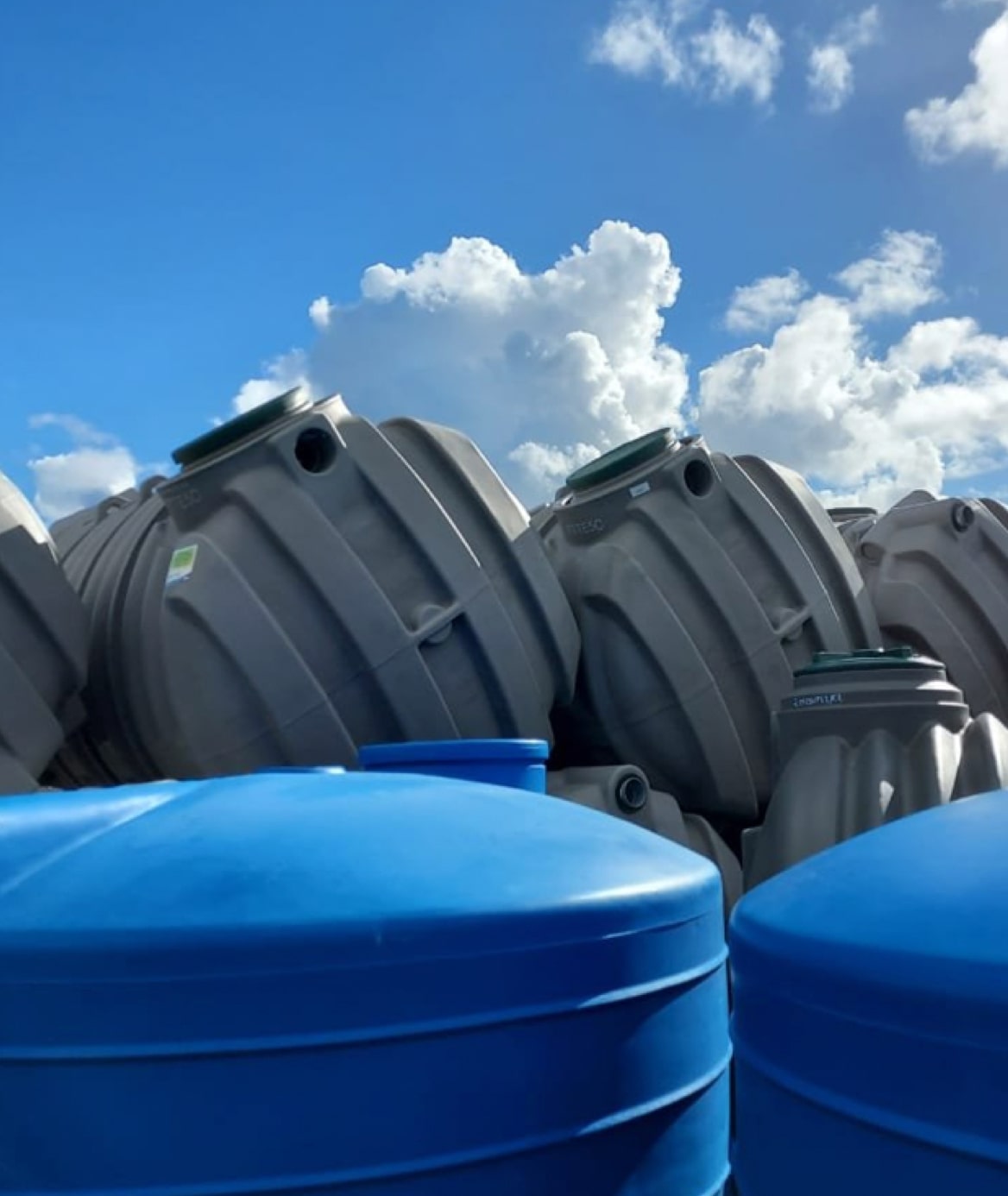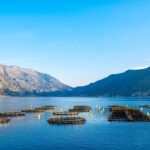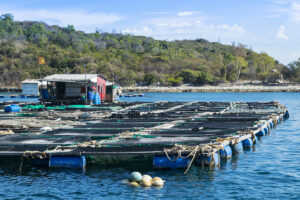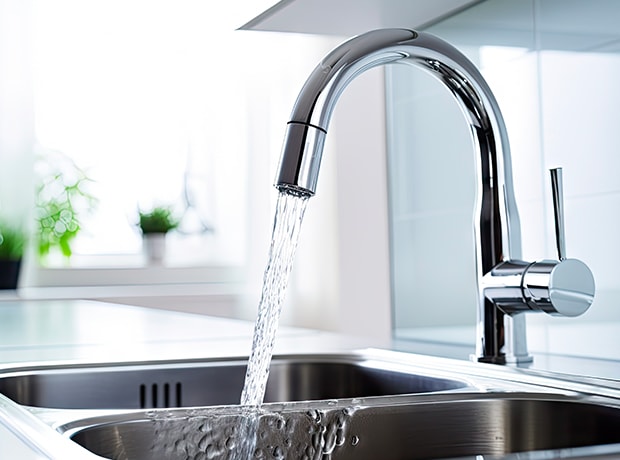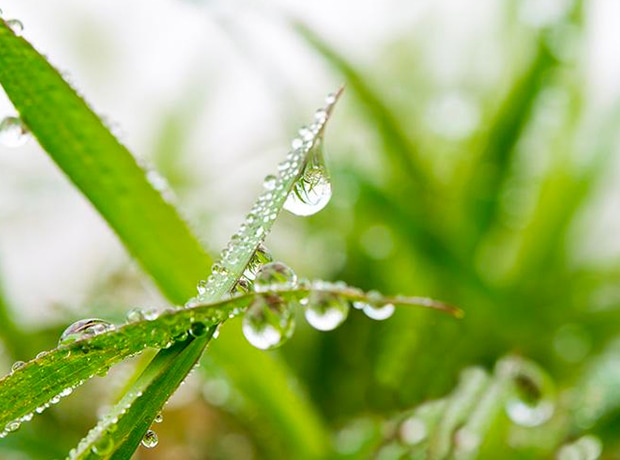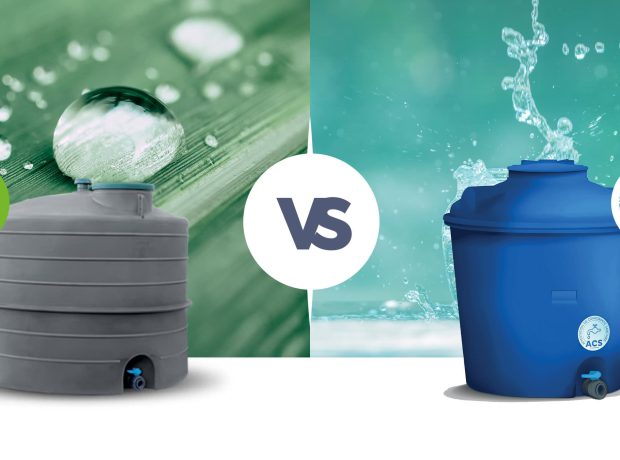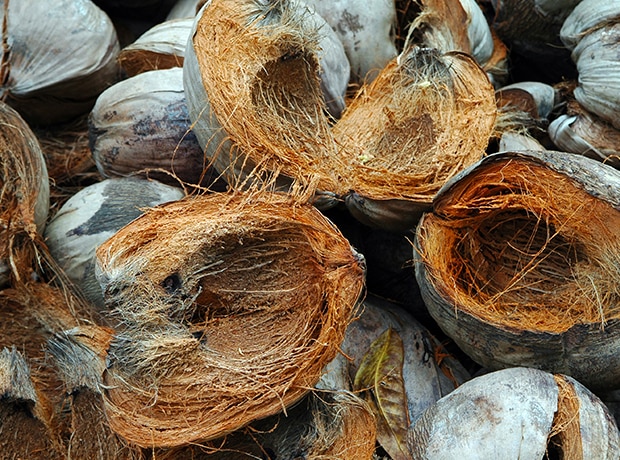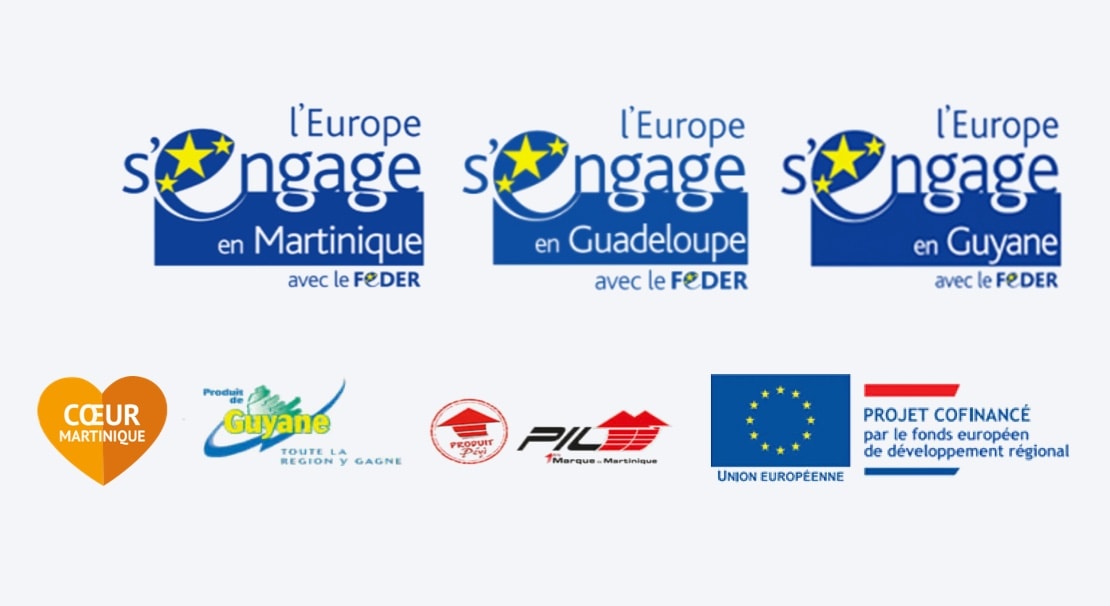10-year warranty* for your peace of mind! *Subject to bi-annual maintenance
The performance of Ecoflo compact filters has been assessed under in situ conditions by independent laboratories.
The quality of treated wastewater measured at the outlet of Ecoflo compact filters complies with regulatory requirements.
City water buffer tanks
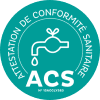
Drinking water must only pass through cisterns that meet the ACS (Attestation Conformité Sanitaire) standard.
These are the only tanks that can be connected to the mains water supply and guarantee clean drinking water.
Rainwater cisterns

All Procap rainwater harvesting tanks can be used for laundry, toilets, gardening, agriculture…
With a wide range of different capacities, they can be used for all non-food needs.
The leader in rotomolding in the west-Indian-Guyanese market, PROCAP creates, designs and sells recovery tanks with rainwater, septic tanks and wastewater treatment.
– Polyethylene material (PE) –
In rotational molding, polyethylene is one of the most used materials. This material offers interesting characteristics (lightness, ease of processing, chemical resistance) for the manufacture of various products.
